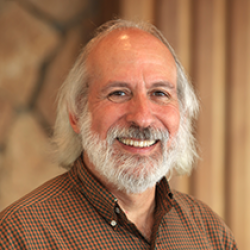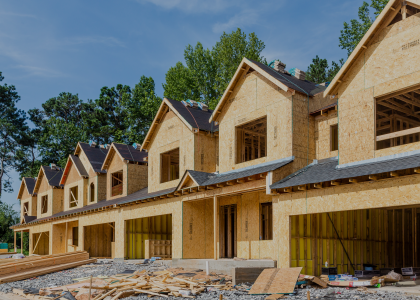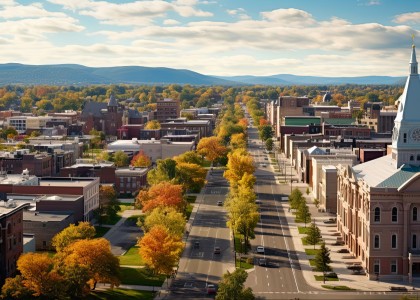India, the world's most populous democracy, is making strides toward boosting its energy efficiency. Its efforts include the bulk purchase and distribution of over 200 million LED bulbs (substantially bringing down the price), efficiency standards on several types of appliances, and significant efforts on industrial and agricultural efficiency. You can find information on some of these steps in the India section at the back of ACEEE’s International Energy Efficiency Scorecard.
That’s not all. An India-based group, the Alliance for an Energy-Efficient Economy (AEEE), is now gearing up to help the country further its progress. I'm pleased to say that ACEEE is working with the group as it prepares for its first conference, a milestone worth noting for the global energy efficiency community.
The event will be patterned after ACEEE's biennial Summer Study on Energy Efficiency in Buildings, which began in 1980. The ACEEE conference brings together leading energy efficiency practitioners in an informal setting to hear the latest in research findings and program and policy ideas. Participants have ample opportunity to interact with peers. This has been our most popular conference, drawing more than 1000 attendees and spawning innovative programs and policies in such areas as market transformation, building commissioning, utility and government programs, equipment efficiency standards, and emerging technologies. The ACEEE Summer Study has spurred similar events in Europe and Australia.
The India event, the AEEE Energy Efficiency Conclave, will be held November 29-December 1, 2017 in Jaipur, the capital of the state of Rajasthan. Similar to the ACEEE Summer Study, the AEEE Conclave will feature refereed (peer-reviewed) paper presentations, plenary sessions, informal sessions, and plenty of time to network with other attendees in a fun setting. The conference will focus on energy efficiency opportunities in India’s booming economy (economic growth in 2016 was higher in India than in China), but will also feature lessons learned from other countries that might apply in India. Both Indian and international participants are invited.
AEEE is now accepting abstracts for papers. Abstracts may be up to 250 words and should address topics in one of three areas: (1) buildings, (2) business and industry, and (3) codes, standards, and other policies. They are due March 20, 2017. If your abstract is selected, draft papers are due June 12, 2017, and final papers by Aug. 21, 2017. Further information on abstracts and papers can be found here. Several ACEEE staff will be submitting abstracts.
The conference promises to be fascinating. So, too, is the host city, which I have visited. Jaipur is known as the pink city after the pink sandstone used in many of its old buildings. It features many old and interesting buildings on the edge of the desert. The city is a one-hour flight or a five- to six-hour train ride from Delhi. For those interested in visiting the Taj Mahal, you can take a slightly longer route and go via Agra.
The Energy Efficiency Conclave is being organized by AEEE in association with ACEEE and with partial funding from the MacArthur Foundation’s India Climate Leadership program. AEEE can provide invitation letters for international participants and other information about getting an Indian visa. Further information about the conference will be posted as the event gets nearer, but for now, interested participants should put the event on their calendars and, if you are interested in presenting a paper, think about paper topics for abstracts.



